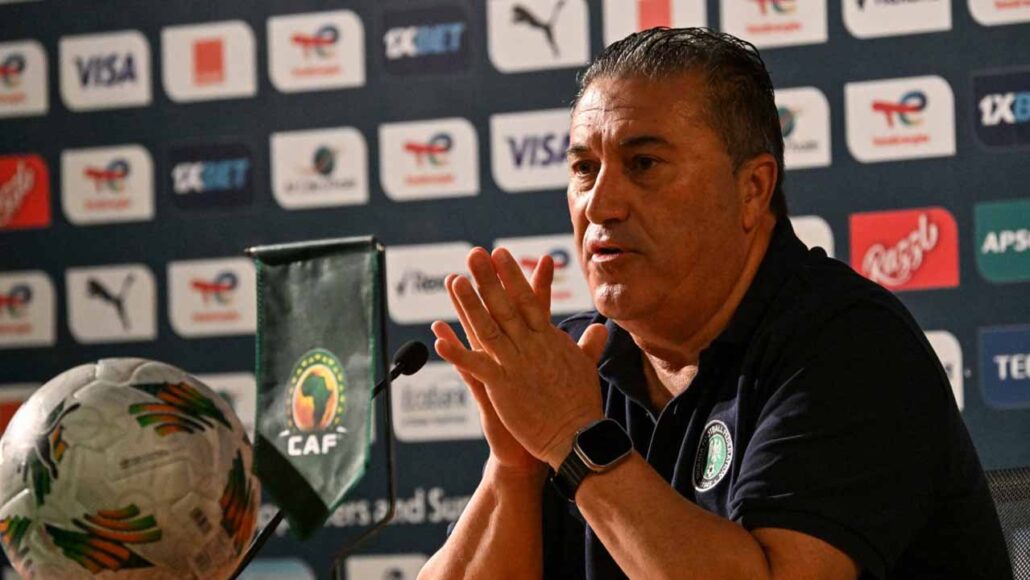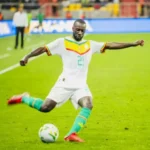Portuguese coach José Peseiro, at the helm of the Nigerian national team, expressed his lack of surprise at the outcomes of smaller teams during the ongoing Africa Cup of Nations in Ivory Coast.
Peseiro attributed the phenomenon to the increasing balance in football, characterized by diminishing gaps and evolving capabilities.
In the first-round matches, several major African teams struggled to secure victories against historically less prominent opponents. Egypt, for instance, drew in the final seconds against Mozambique (2-2), who had not won in four previous tournament appearances.
Algeria, a team brimming with stars, also settled for a draw against Angola (1-1), while perennial participant Tunisia suffered a defeat to Namibia (0-1), marking Namibia’s first-ever victory in the tournament.
Peseiro, who watched his team, the “Super Eagles,” secure a draw against Equatorial Guinea (1-1), remarked, “I am not surprised. Football has now become more balanced.”
He continued, stating, “There are good players in other teams. The quality of players, training, and coaches has improved.”
Furthermore, Peseiro emphasized the improved conditions for player development, noting, “More favorable circumstances for player growth, more players playing outside these (small) countries.”
Equatorial Guinea, participating only for the fourth time, advanced over Nigeria, a team that reached the final seven times, securing the title thrice.
Nigeria initially equalized against Equatorial Guinea but then failed to score the winning goal.
In another upset, Equatorial Guinea, which had reached the final once without winning, surpassed Cameroon.
Despite having ten players for an entire half, they held the “Indomitable Lions” to a draw, thwarting their victory.
Peseiro, with coaching experience in Saudi Arabia and Venezuela, commented, “Football is football.”
He added, “In football, you can create 12 chances and not score.
The other team (even if smaller) creates one and scores and wins,” referring to Saudi Arabia’s win against Argentina at the start of the World Cup and Germany’s group-stage exit in the same tournament for the second consecutive time.
Expressing “no concern” about the leveling of differences that has altered the nature of competition, Peseiro affirmed that “the pressure is now more on the big teams and less on the small teams.”
He pointed out that for smaller teams, “If they draw, it’s good. If they win, it’s very good. If they lose, it’s normal.”












